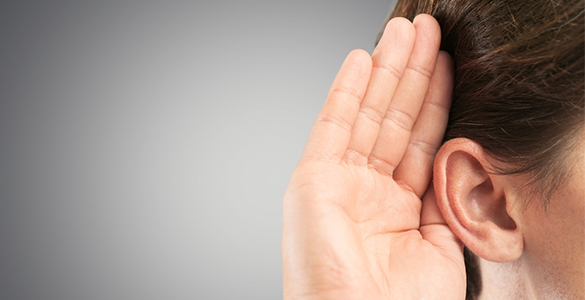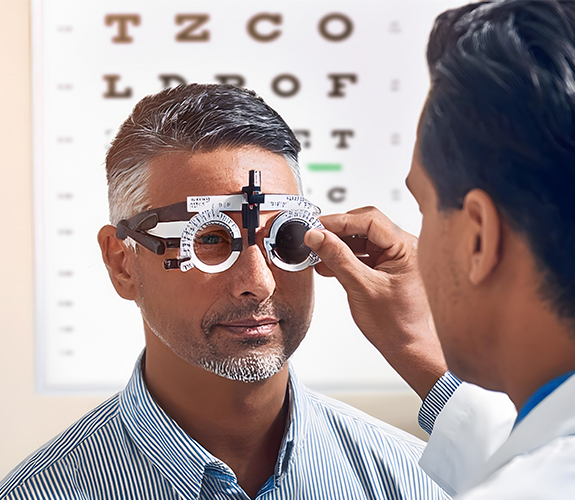In a day, we come across different sounds; some are loud, and some are soft. The soft sound usually causes no harm, but hearing loud sounds for a longer period of time can damage one's hearing sense permanently. This is known as noise-induced hearing loss (NIHL). The louder the volume, the faster it will harm your hearing. If the noise is loud, you may lose your ability to hear immediately, but the hearing loss might occur gradually if the noise is not as loud but lasts for a long time. NIHL may affect anybody at any age, so it is always suggested to take precautions before it's too late. If you are seeking the top ENT hospital in Delhi to get every possible care and guidance, Saroj Super Speciality Hospital in Delhi is a good alternative where you will find professional assistance and medicines.
The damage caused in ears from noise exposure happens gradually, and you might not notice instantly, but ignoring the signs can later result in serious hearing loss. At the same time, we hear many noises at varying levels during the day, week, or year. Loud noises can have long-term consequences. After a certain age, we often see people finding it difficult to understand while talking or listening to any kind of television or any other shows. NIHL can cause severe hearing loss, making it necessary to use equipment such as hearing aids to help you hear, communicate, and fully engage in daily activities.
Activities that may harm your hearing:
- Hearing loud music for a longer time at concerts or nightclubs, while playing an instrument using earphones or headphones can damage your ears.
- Watching movies in theaters or turning up the volume on the television at home.
- Visiting any kind of sports event attended by large, noisy crowds
- Enjoying fireworks shows with increased levels of sound.
- Working in industries, factories, or places with loud power tools.
- Long-term (chronic) conditions, such as diabetes and high blood pressure Injury to the ears.
- Family history of hearing loss but is not anywhere related to noise exposure.
- Exposure to organic liquid compounds, such as toluene.
- Certain Medication
How Can You Help Kids with Auditory Protection?
- Lowering the volume
- Keep them away from loud noise
- Make them wear hearing protection, such as earplugs or earmuffs.
Hearing Protection: Essential Tools
Earplugs: These are minor devices which are placed in the ear canal to suppress sound. They are available in different shapes and sizes, including bespoke designs from audiologists. Earplugs may greatly lower noise levels.
Earmuffs: These over-the-ear devices create a physical barrier to noise. Earmuffs are very useful in industrial situations or when exposed to loud machinery.
Reducing Noise Exposure in Daily Life
- Volume Control: Keep your own listening devices at a modest volume. The WHO recommends a weekly exposure limit of 40 hours at 80 decibels for adults and 75 decibels for children.
- Noise Reduction: Request reduced sound levels at movie theaters, restaurants, and other public areas.
- Product Awareness: When purchasing appliances, power tools, and other items, examine the noise ratings. Look for quieter options, particularly for children's toys.
- Community Advocacy: Encourage companies and groups to employ noise-reducing measures to safeguard customers' hearing.
Taking safety measures is a mandatory part of life; however, it is always suggested to consult an expert for a better understanding of the situation and take the right precautions. If you are still looking for an ENT hospital in Delhi for expert guidance, visiting Saroj Super Speciality Hospital in Delhi will be a good option where you will get the best expert guidance and medication.



